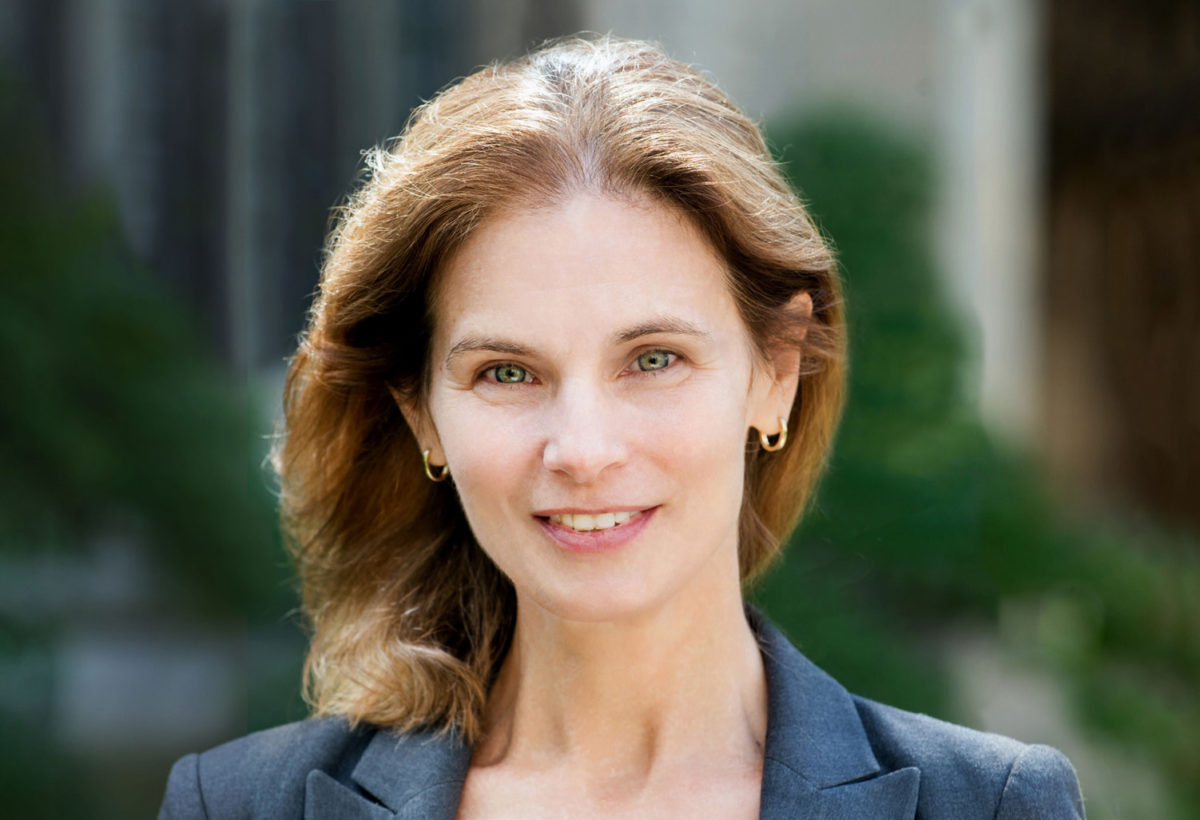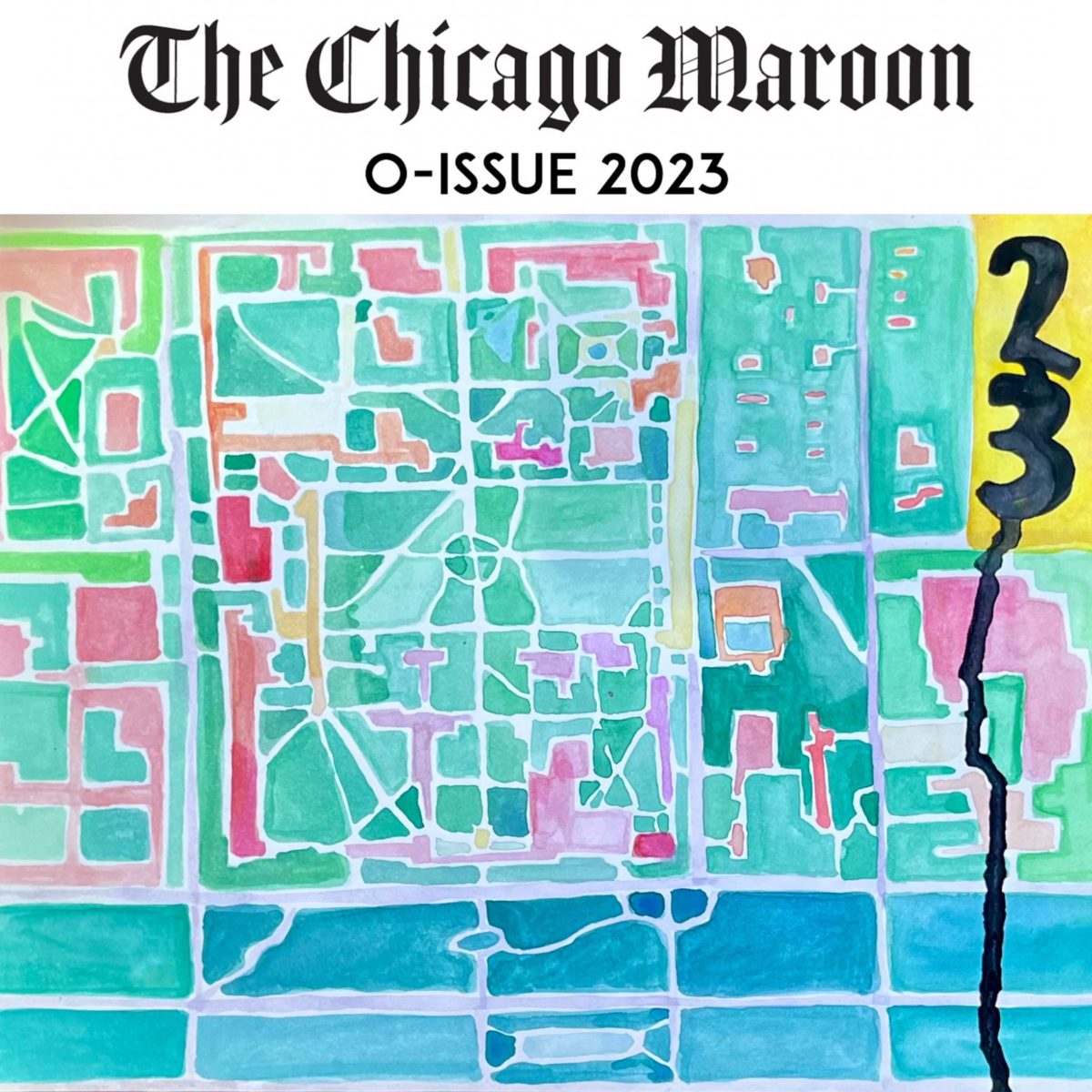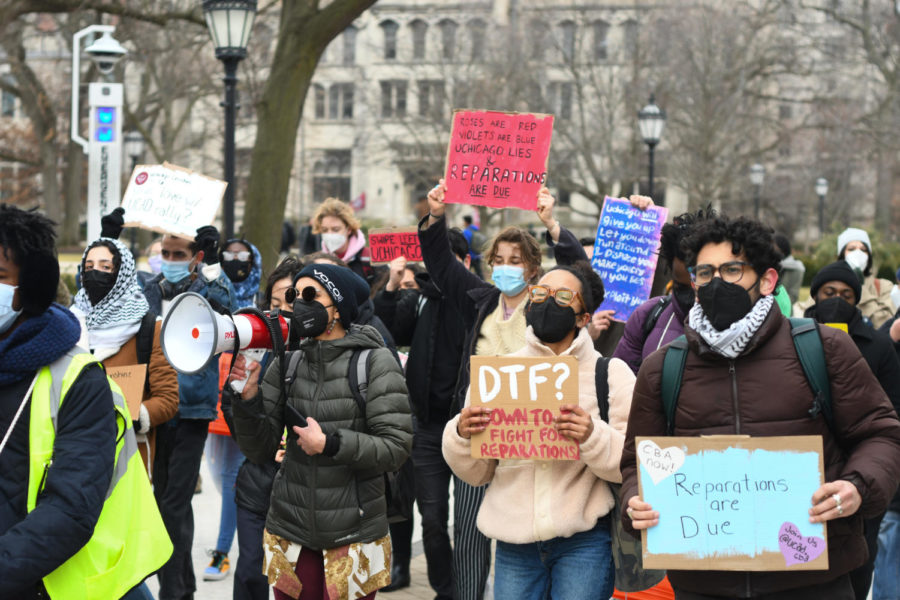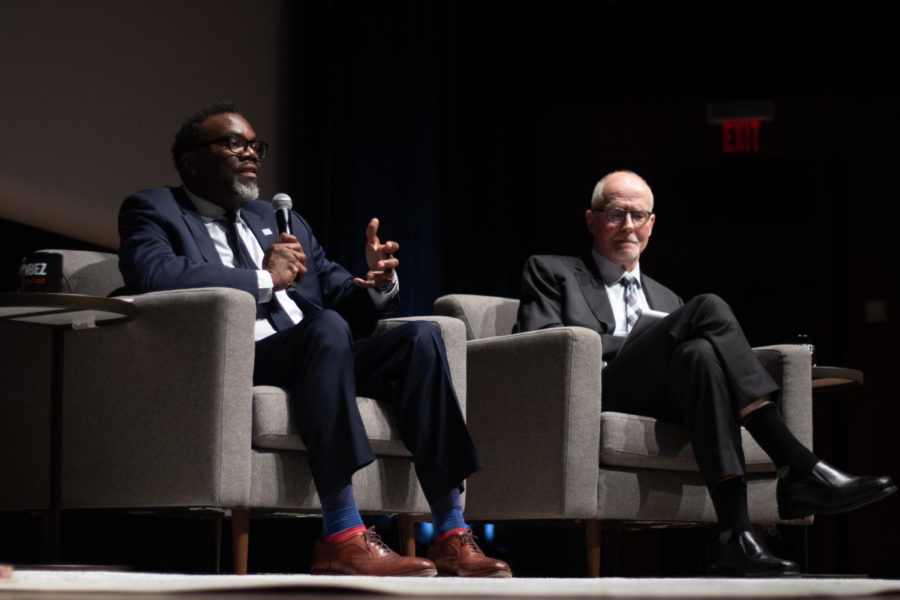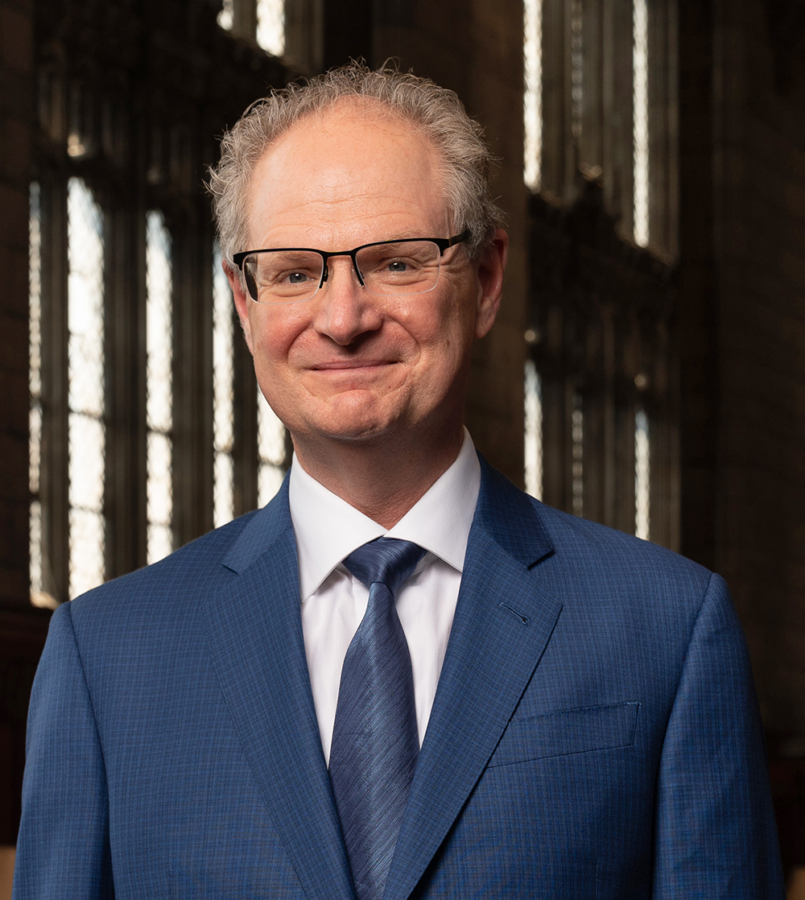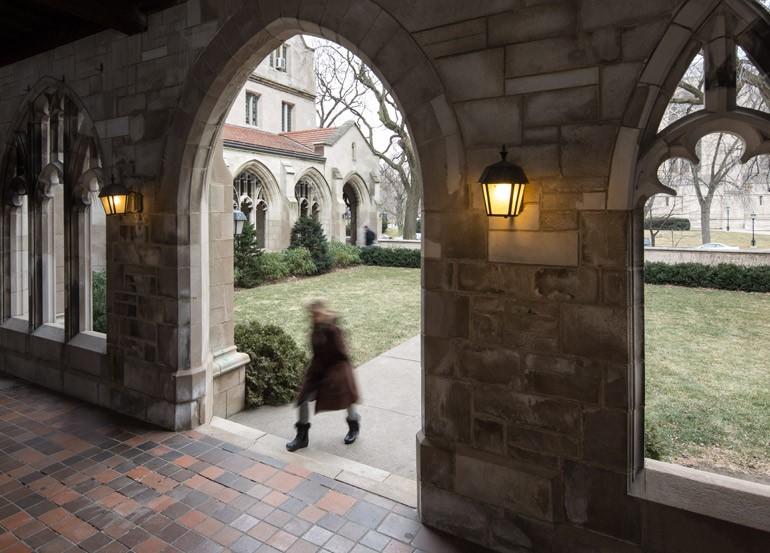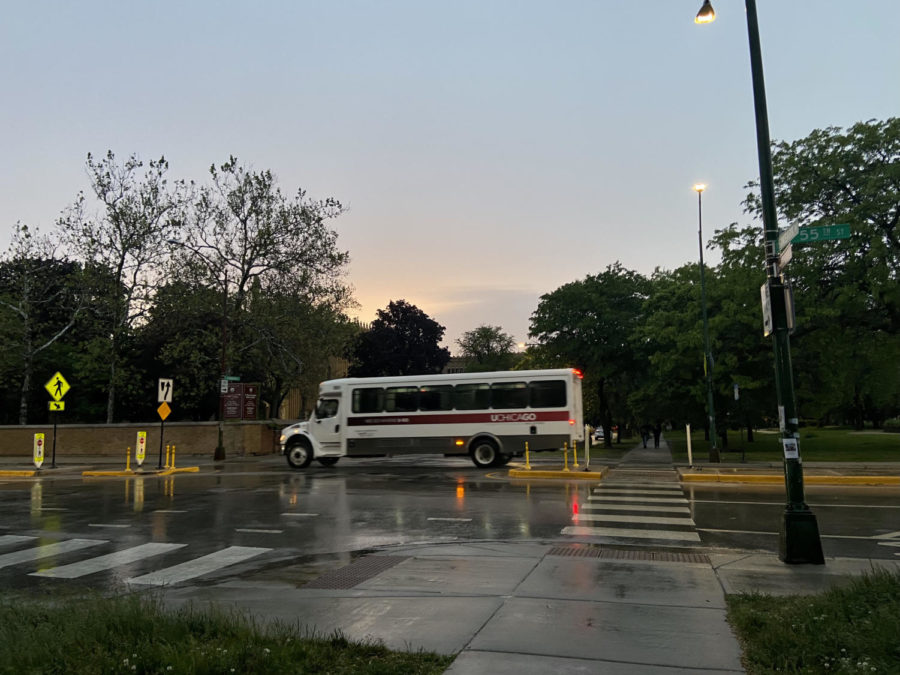It is not uncommon for the University’s administration to undergo some reshuffling each summer, as evidenced by Melina E. Hale’s ascension to dean of the College on July 1. Hale spoke to The Maroon about her background, what she hopes to accomplish, and the pressure of living up to Boyer’s legacy.
After receiving her Bachelor of Science degree in zoology from Duke University in 1992, Hale came to the University of Chicago for her Ph.D. in biomechanics.
“One of my college advisors knew the University of Chicago really well, so it was recommended to me. And then I met some of the faculty, and they were tremendous,” Hale said about choosing to attend the University.
Hale completed her Ph.D. in 1998, after which she became a postdoctoral fellow at the State University of New York (SUNY) Stony Brook. In 2002, she returned once again to the University as a faculty member.
“I was very excited when the right job came up at the right time and gave me an opportunity to come back, bringing both what I had learned as a graduate student and during my postdoc,” Hale said. “And I’ve been here my whole career since then.”
As well as being the William Rainey Harper Professor in the Department of Organismal Biology, Hale has served in numerous roles since returning to the University, including dean for faculty affairs of the Biological Sciences Division and as a vice provost of the University. She said the position of dean of the College appealed to her due to its opportunities for faculty collaboration and student-facing work.
“One of the things I really loved about the provost’s office was my ability to connect and work with colleagues across campus, and the dean role is also one of the areas where you’re doing that,” Hale said. “After working on very operational projects for a long time, the idea of getting back to academics and the students and that core mission of the institution was really appealing.”
In her first student-facing event as incoming dean of the College, Hale—along with Provost Katherine Baicker and Dean of Students Michele Rasmussen—took part in a Sustainability Symposium in partnership with the Phoenix Sustainability Initiative (PSI), the Environmental Research Group, and the Committee on Campus Sustainability of the Undergraduate Student Government (USG).
“I find those engagements to be a wonderful time to connect, but I also always learn a lot from the students,” Hale said about the event. “It was just remarkable, both hearing how students were thinking about sustainability on campus and how we can do more and do better, but also seeing how much they were doing already.”
Hale succeeds Boyer, who transitioned into the role of senior advisor to President Paul Alivisatos after a 31-year tenure as College dean. She considers Boyer a mentor, having worked with him throughout her career at the University.
“My first administrative activities when I came back as a faculty member were with the college council, which was faculty governance. I had served on [Boyer’s] committee and done reports for him,” Hale said.
While succeeding Boyer may seem like a daunting task, Hale said she feels at ease because of his guidance.
“It is intimidating, but the engagements with him and how wonderful he is makes it feel a lot more doable,” Hale said. “One of the things that John said, which I found so true, is that being the dean of the College is like being the mayor of a small town. There’s the operations side of keeping everything going. Then there are the aspirations we have and where we want to be next year and in five years. And then there are the day-to-day emergencies—a new thing pops up every single day. There are so many different perspectives to take in and understand, and as we’re making changes or doing new things, we have to understand how it impacts those groups.”
When asked what message she would want to send to the entire student body, Hale emphasized collaboration throughout the entire University family.
“There’s so many things I’d like to say. The first thing that comes to mind is that their individual voices matter to me and that I want to learn from their experiences and their aspirations,” Hale said. “We have to work together as a community to keep this wonderful institution and even make it better in the ways we can for the future students coming through.”



